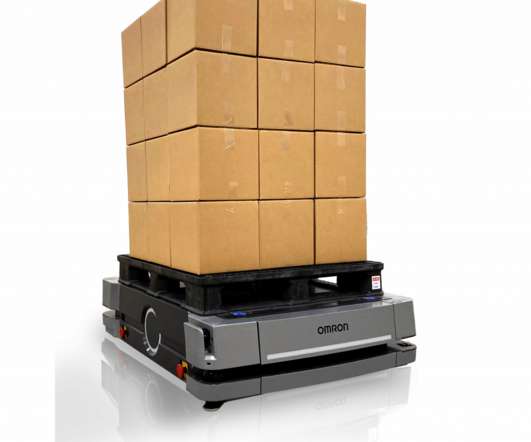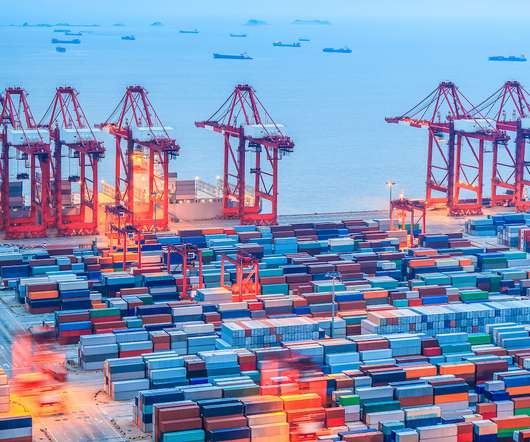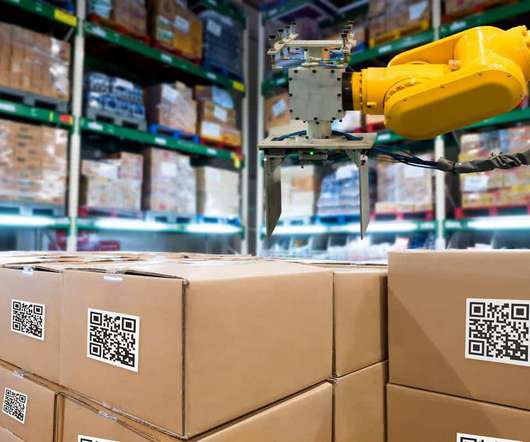A Conversation with Don Teng
The Logistics & Supply Chain Management Society
OCTOBER 17, 2022
In APAC, the concept of innovative-Automation has made OMRON create immense value for the manufacturing segment by solving varied issues in multifarious sectors such as automotive, food & beverage, FMCG, digital and logistics to name just a few. This scale up is in sync with the transformation being witnessed by the manufacturing world.
















Let's personalize your content